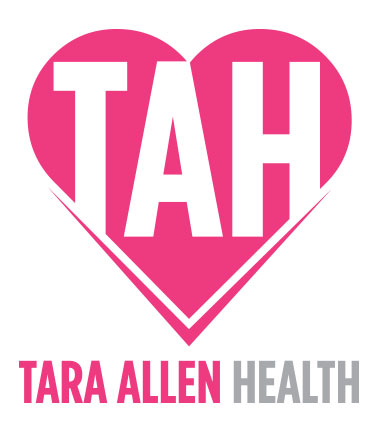Heyyyyy,
Lately I’ve been getting a big spike in questions about hair loss from DMs, TME, and 1:1 clients. People are noticing thinning, extra shedding, or hair that just looks sad + lifeless. It’s frustrating and confusing so I want to give you the full breakdown on hair in perimenopause and menopause, what actually causes it, and what can help it look fuller and healthier.
I'm not a hair expert of course, but I do like to think of hair loss and hair health as one of manyyyyyy different pieces of data when it comes to the overall picture of our biology.
Hair is super sensitive to everything going on in your body. Hormones, nutrition, stress, inflammation, sleep, and even lifestyle choices from years ago all influence it. Hair is slow to respond so shedding often reflects what happened weeks or months ago. Seasonal shedding is normal for a lot of people, usually late summer or early fall (which is why I think I'm getting this uptick in concern from a lot of people right now).
Hair grows in three stages. Anagen is when it is actively growing. Catagen is a short transitional phase when growth slows and follicles get ready to rest. Telogen is the resting phase when hairs naturally fall out. Most hair should be in anagen. When more hairs than usual enter telogen you notice thinning.
Hormones are a piece of the puzzle. In perimenopause and menopause estrogen and androgens fluctuate while progesterone slowly declines. High androgens, like what you see with PCOS, can shrink follicles making hair finer or contributing to thinning. Perimenopause and menopause bring their own changes, but most of the time it is a tipping point for decades of cumulative wear and tear. Nutrition, fitness, alcohol, sleep habits, and overall lifestyle in your 20s, 30s, and 40s all matter. That damage often shows up right when hormones shift and gets blamed on perimenopause or menopause even though it started years before.
Other triggers for shedding include sky-high stress, illness, fevers, surgery, or a steep calorie deficit. Hair follicles respond to what happened months earlier. Thyroid imbalances, low iron, vitamin D, B12, zinc, iodine and selenium can all affect hair quickly. Inflammation, gut issues, and chronic stress create an environment where follicles can’t thrive. Genetics matter but lifestyle and hormone interplay usually pulls the trigger.
Once you know the root cause, you can start helping your hair thrive. Here’s the holistic toolbox I swear by. (I've been trying to be more complete for you but didn't have time to find links for everything this week. I'm writing this blog as I'm on my way out for kiddo sports. Next time!)
Castor oil + rosemary oil scalp massages to stimulate follicles and increase blood flow
Red light therapy to wake dormant follicles. The Lumebox is amazing for this and the tool I used most to regrow the hair at my temples I had lost from my recent year of crazy stress. I am VERY happy with the results, especially at a time in the year when I'm normally shedding more than usual. I'm an affiliate with them and they gave me this 43% off discount link to share with you!
Dermarolling or silicone scalp brushes for gentle stimulation
Avoid tight hairstyles like ponytails, buns, or braids that pull on hair and cause breakage
Collagen to support the keratin matrix of hair
Protein and carbs ... hair is sensitive to nutrition. Too little slows growth.
Stress management + sleep – critical for growth cycles
Avoid extreme calorie deficits – hair downregulates before your metabolism does
Caffeine scalp tonics – some small studies show localized caffeine can increase follicle growth
N-acetyl cysteine (NAC) or sulfur-containing nutrients to support keratin
Avoid excessive heat styling or harsh chemicals – mechanical trauma is underappreciated
Biotin can help in deficiency situations, but most people get enough from their diet. It’s generally safe, but high-dose supplementation can artificially skew lab results. Stop taking biotin 2 - 3 days before bloodwork so it doesn’t throw off thyroid panels, hormone labs, or other biomarkers.
I help 1:1 clients dive deep into labs, lifestyle, hormones, and even hair strategies if needed to create a plan that actually works. A great additional resource is @maneinkny who has done a workshop for my members in the past and works on hair loss solutions and treatment plans.
Hair loss is usually a signal, not just a cosmetic issue. Figure out the root cause, support your follicles, layer in tools for regrowth, and be consistent. Hair can come back stronger. For science-backed strategies for metabolism, hormones, nutrition, and yes, even hair, join us in The Metabolic Edge. You’ll get guidance, accountability, workouts, recipes, and a community of people actually making change happen.
Stay consistent, be patient, and know those strands don’t get to ghost you forever.
XO,
Tara
